Taking Lessons in Boss Design from From Software
By morecowbell24 7 Comments
With its Demon’s Souls and Dark Souls series’ boss encounters, From Software has displayed a deft handling of the boss concept. Regardless of how difficult, there always seems to be some X-factor making Souls bosses more memorable. Some are gigantic, some are monstrous or disgusting, some are a spectacle, some are relentless, some require outside thinking, some are just waiting for the right moment to crush your hopes and dreams, some are even compelling or sad and in Demon’s Souls there is even a boss you can be.
When they want to be, the folks at From Software are masters of subtlety. Their mastery has impressed me so much that whenever there are destructible pillars in an arena I expect something to happen when all of them are destroyed. Nothing has in that particular set of circumstances, but it seems like something is always making a boss battle more dynamic. Because the Souls games are so punishing, you often spend your time so focused on enemies you might not even realize what is happening around you or why enemies behave in certain ways.
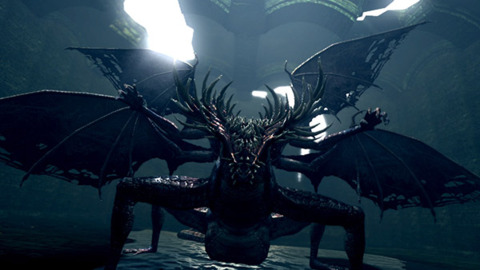
Take the Gaping Dragon from the first Dark Souls. It’s a massive crocodile looking lizard, and when it gets on its hind legs it reveals a whole new terrifying side of itself. As intimidating as it can be, this dragon is smalltime, because as you may or may not have realized, the dragon is blind. Many bosses barely give you a moment’s respite, but all it takes against the Gaping Dragon is to back up while it runs into another wall. The fight becomes almost trivial once you know how it works, which is how Souls games often work in the first place. However, because the Gaping Dragon is such a good example of From’s boss design, there is even more to it.
Compensating for the dragon’s blindness is a sorcerer who, if not killed before beginning the fight against the dragon, will endlessly rain magic down from on high. This sorcerer just appears to be an ordinary obstacle in the area leading up to the dragon, so you might never know the true value in his disposal, and if you missed him or thought it better to go around him you’ve probably already suffered his magical rain. This in-level boss barrier is also used for the Iron Golem and it’s used in Dark Souls II. Demon’s Souls featured a more clever and radical approach to the in-level barrier, making it literally possible to get past one of its bosses without doing something very specific earlier in the level.
Another great example of From’s subtlety is the Flexile Sentry in Dark Souls II. At first it just appears to be a really cleverly designed creature with its twist being there is no way to get behind it. It’s an interesting design, because one of the most efficient Dark Souls tactics is to lure something into an attacking and then whale on it when its back is exposed. Despite its design, there is a mast in the middle of the arena that makes this tactic as viable as ever, and the boss battle ends up being one of the game’s easiest because of it. What makes this fight more interesting is the ankle high water, slightly impeding your flow of movement, and you’re probably going to be too focused on making sure the boss doesn’t get around that mast to realize the water eventually rises to your waist to greatly impede your movement.
If it wasn’t for the mast, the Flexile Sentry might be one of the game’s hardest bosses instead of one of its easiest. Regardless, it highlights what From Software understands better than most developers. The arena in which you fight something can make all the difference. It isn’t until you reach the Demon Ruins in Dark Souls that you see that Capra Demons aren’t so bad when they’re out in the open and not rushing you alongside two of their pets the second you enter their claustrophobic dwelling.
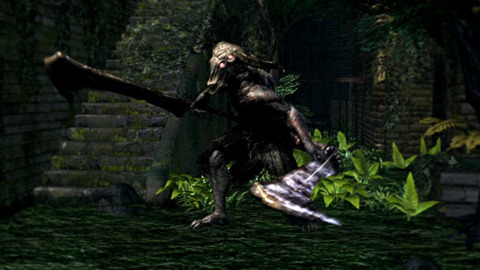
There is a set of stairs in the Capra Demon boss’s lair that if reached makes the boss much more manageable than it initially appears. It’s that arena’s mast. When a Souls boss seems like massive roadblock, there is usually (not always) something you’re missing. There might be something in the arena that you can use to your advantage like a set of stairs, a mast, perhaps there are ballistae waiting to be fired, or maybe you just missed something outside of the boss arena.
Sometimes the arena itself is the true boss battle. A boss in Dark Souls, the Dark Sun Gwyndolin, turns a small hallway into an endless one. He warps away from you every time you get near him too. It’s as if you’re fighting the endless hallway and the only way to defeat it is to kill the man firing arrows and magic at you. It isn’t until you defeat him that you are reminded just how small that hallway really is.
Some bosses are more difficult up front, and some get more difficult as the battle progresses. The aforementioned Capra Demon is an example of a boss that’s more difficult up front. The boss has the opportunity wind up for an early finishing blow while its minions immediately bum-rush you. These kinds of bosses end up becoming more difficult across multiple fights as a result. If you’re dying, you’re generally dying quickly, and you don’t get to see all the boss has to offer, so when it whips out a move you haven’t seen before you might react the wrong way and die again.
From also employs the more common and reverse approach of a boss becoming more difficult as the fight goes on as well. However, they often think outside the box and go beyond increasing a boss’s damage output, or at least do it in a clever way. Some bosses change their attacks up or add new attacks as the fight goes on. One boss sets its sword on fire for more damage, but not before setting itself on fire, so you can’t get in close.
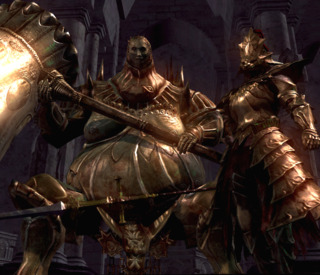
Additional bosses showing up in the midst of a fight is commonplace for the Souls series, but a fight that begins with multiple bosses is only going to get easier as it goes on. However, Ornstein & Smough of Dark Souls are an interesting duo, because fighting them could be argued to fit either category of harder up front or harder as it goes on. Up front you have to deal with both of them at the same time, but when the first one falls the other absorbs what remains of them and becomes a powerful mix of the two.
Some bosses have a special attack that changes everything. In Demon’s Souls a boss could steal a level from you. In Dark Souls II, one boss devours you and unequips all of your items before spitting you out. Other bosses are like the Gaping Dragon and have a unique characteristic about them such as blindness. One might regenerate health and another curses you.
In some instances, there isn’t anything special going on, and a boss is what it is. So many bosses are out there trying to distinguish themselves, and some already know who or what they are. These more pure boss encounters benefit more from the boss’ appearance and behavior. The Flamelurker is a great boss because it’s relentless, but there is nothing extraordinary behind the scenes of the fight. Because so many bosses have quirks, the bosses that don’t are interesting because they feel more pure.
Maiden Astraea, a boss of Demon’s Souls, is unlike any other in the series. Sif, the Great Grey Wolf of Dark Souls sort of hits the same tragic note, but not as effectively. Upon entering Astraea’s domain, she will ask that you turn back the way you came. She doesn’t want to fight you. Astraea has a guardian, Garl Vinland. Garl will only fight you if you provoke him and if you run away he will not pursue you. If you go around Garl to fight Astraea, she will use her magic defensively, and like Garl, she won’t give chase should you flee. If you kill Garl, you can talk to Astraea. She hopes you’re satisfied that you got your demon soul and commits suicide. If you kill Astraea before Garl, Garl will kill himself since he’s failed to protect her. It’s a tragic encounter that puts your quest into question. Every other boss you fight is some sort of monster, but Astraea doesn’t appear to be that at all. In their Souls series alone, From Software has displayed an unparalleled ability to make bosses strike all kinds of chords.
From Software isn’t immune to making mistakes with their boss battles though. Boss battles that repeat throughout the game are rarely a good substitute for a new boss. The Stray Demon and Demon Firesage of the first Dark Souls are the Souls equivalent to a repeating boss battle. They are re-skinned versions of each other, and they are already based off of game’s tutorial boss, the Asylum Demon, except they’re bigger.
The Bed of Chaos in Dark Souls is prime example of a failed boss experiment. It is rooted so deep in luck and trial and error that it is the only enemy in the series that doesn’t reset after you die or leave the area. Even so, the Bed of Chaos shows that From isn’t afraid to explore new ways to keep one of the core concepts to its series fresh. The Executioner’s Chariot of Dark Souls II, feels like a much more successful attempt at the spectacle fight From was going for with the Bed of Chaos.
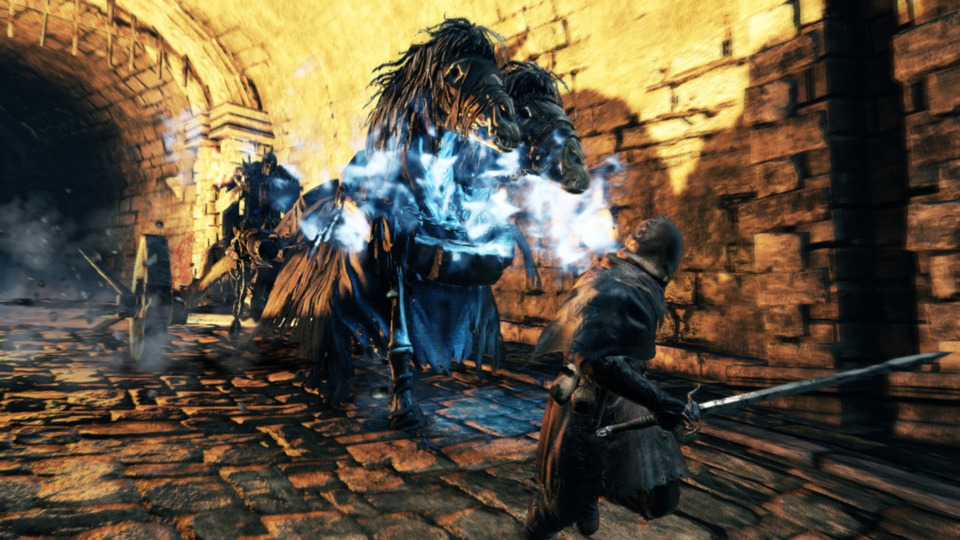
With a wide array of concepts at their disposal From Software mixes up its boss battles in clever and often subtle ways. Each boss has its own pacing accentuated by one or many of From’s stable of concepts. Some bosses are more difficult up front, some get more difficult as they drag on and some just have a clever twist about them you may not even notice. There is plenty to admire about the way From Software has handled bosses, so while I wait for the next round of Souls bosses I’m content enough to dream of ceilings and walls collapsing when all those pillars crumble.
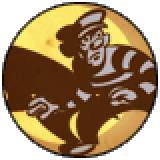
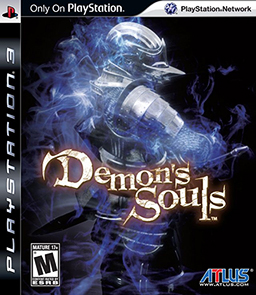
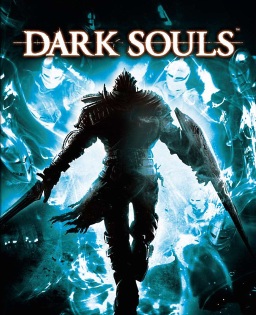
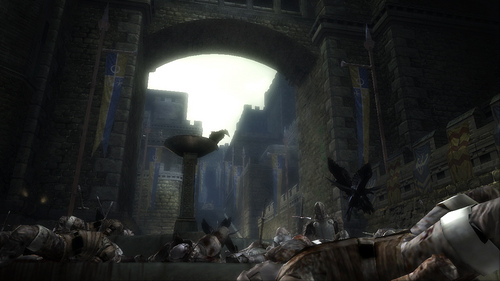
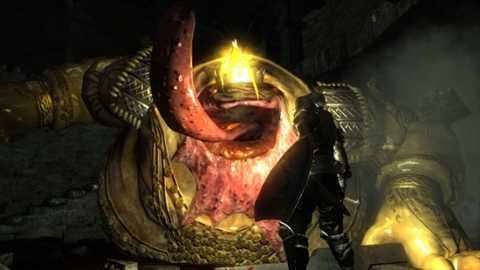
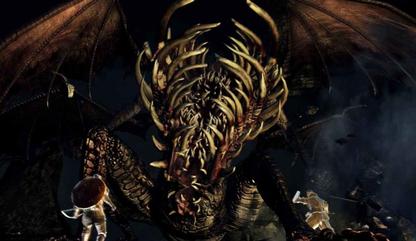
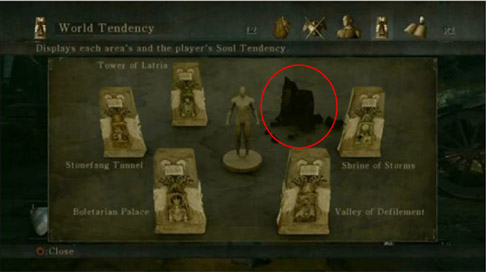
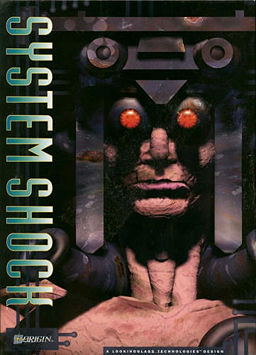
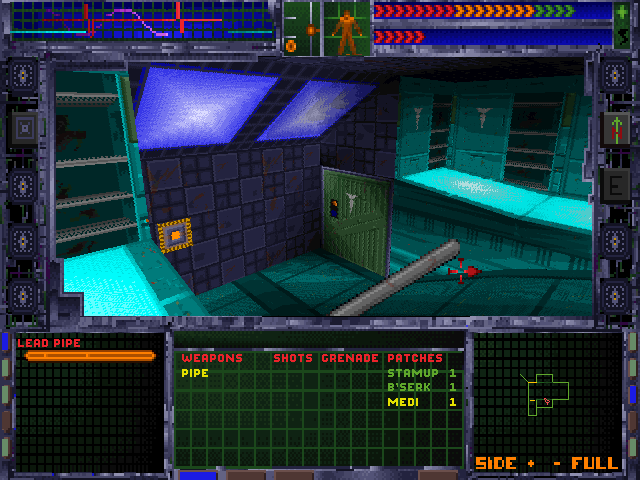
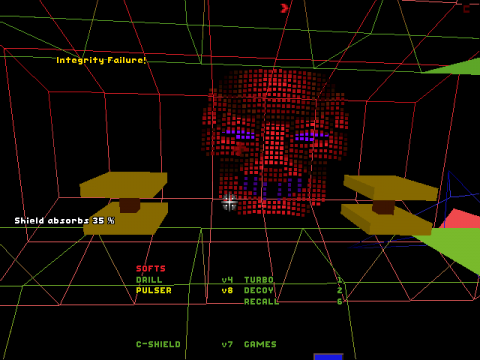
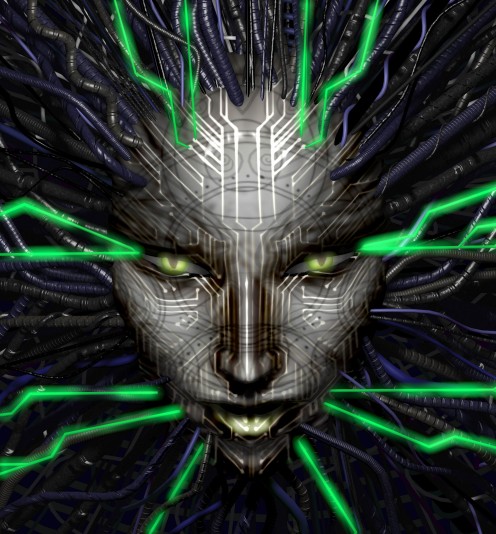

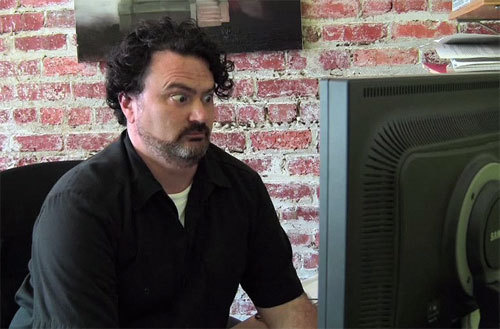
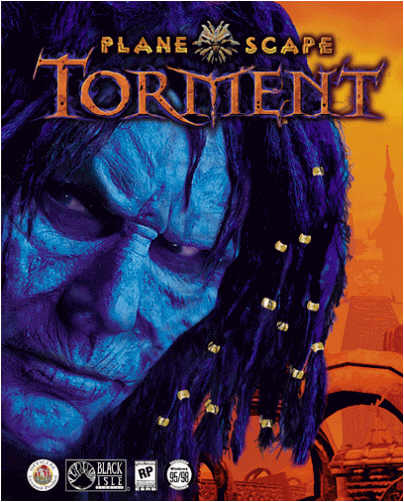
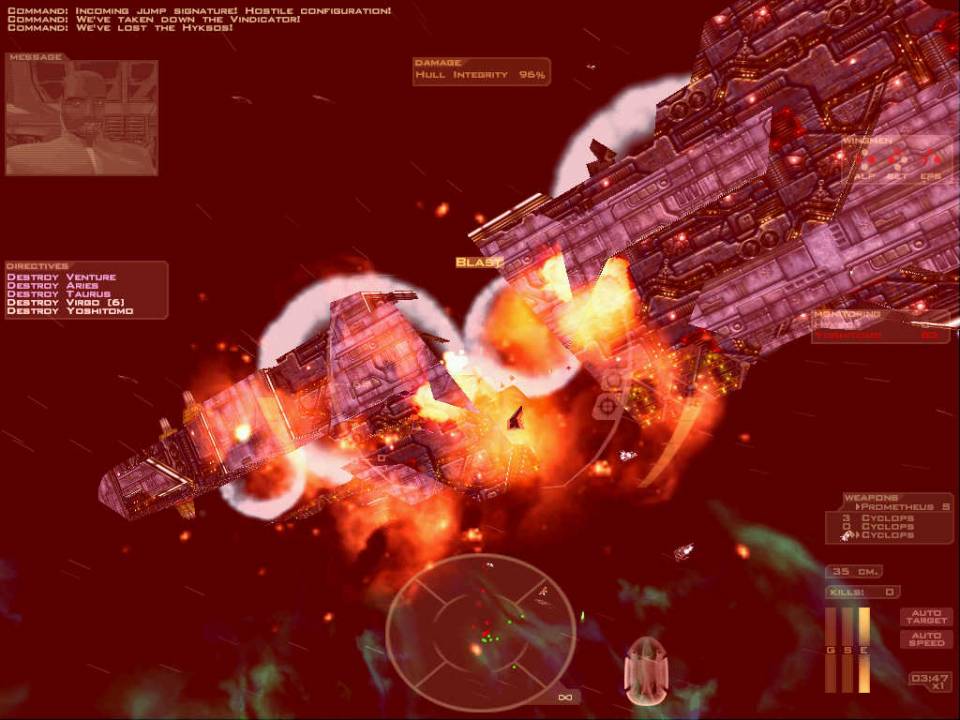
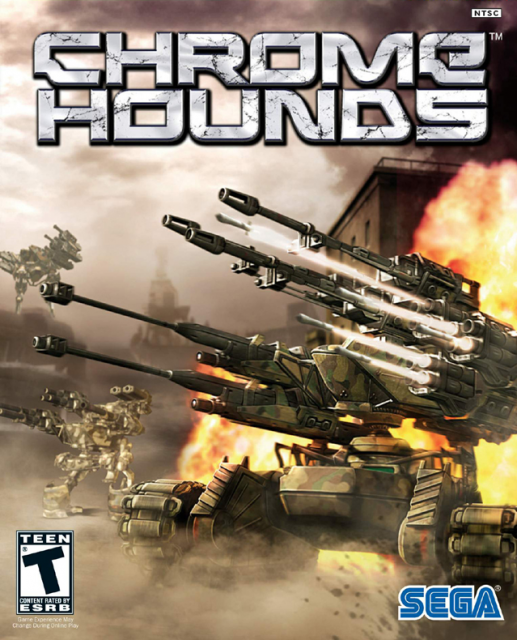
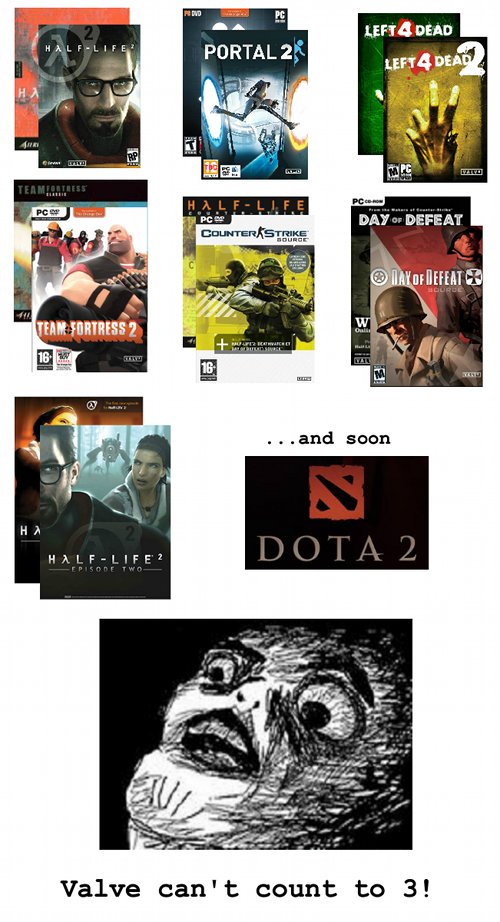
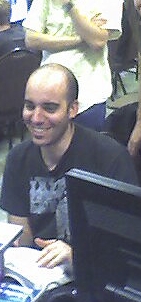
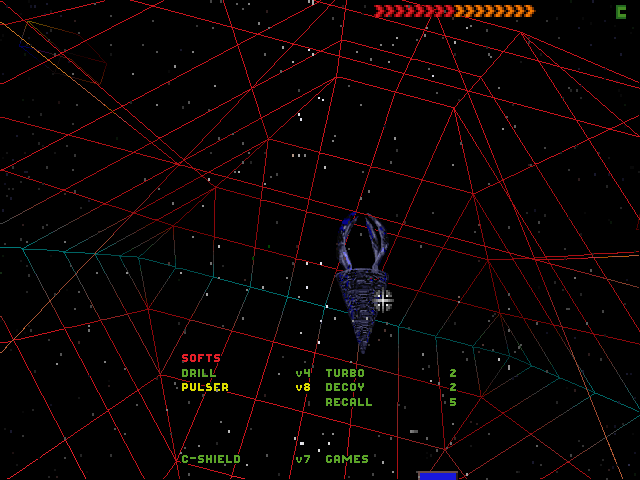
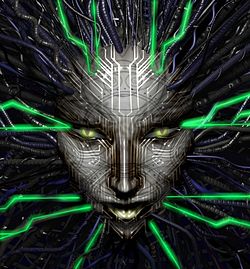
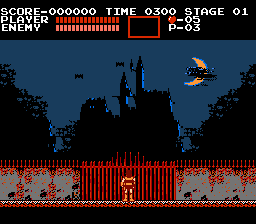
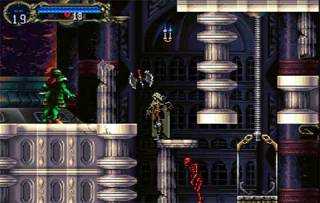
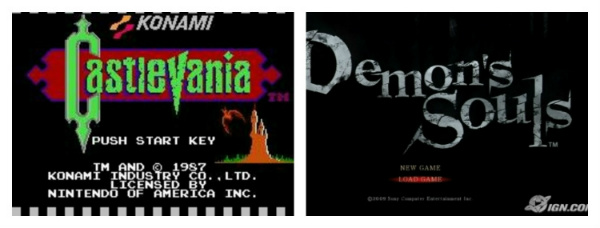
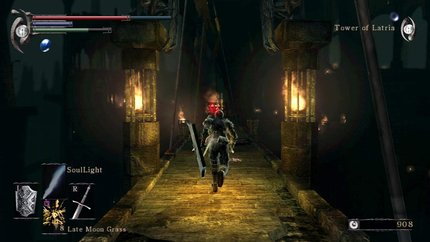
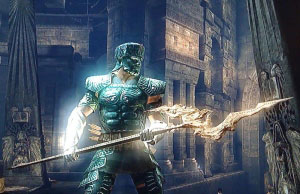
Log in to comment